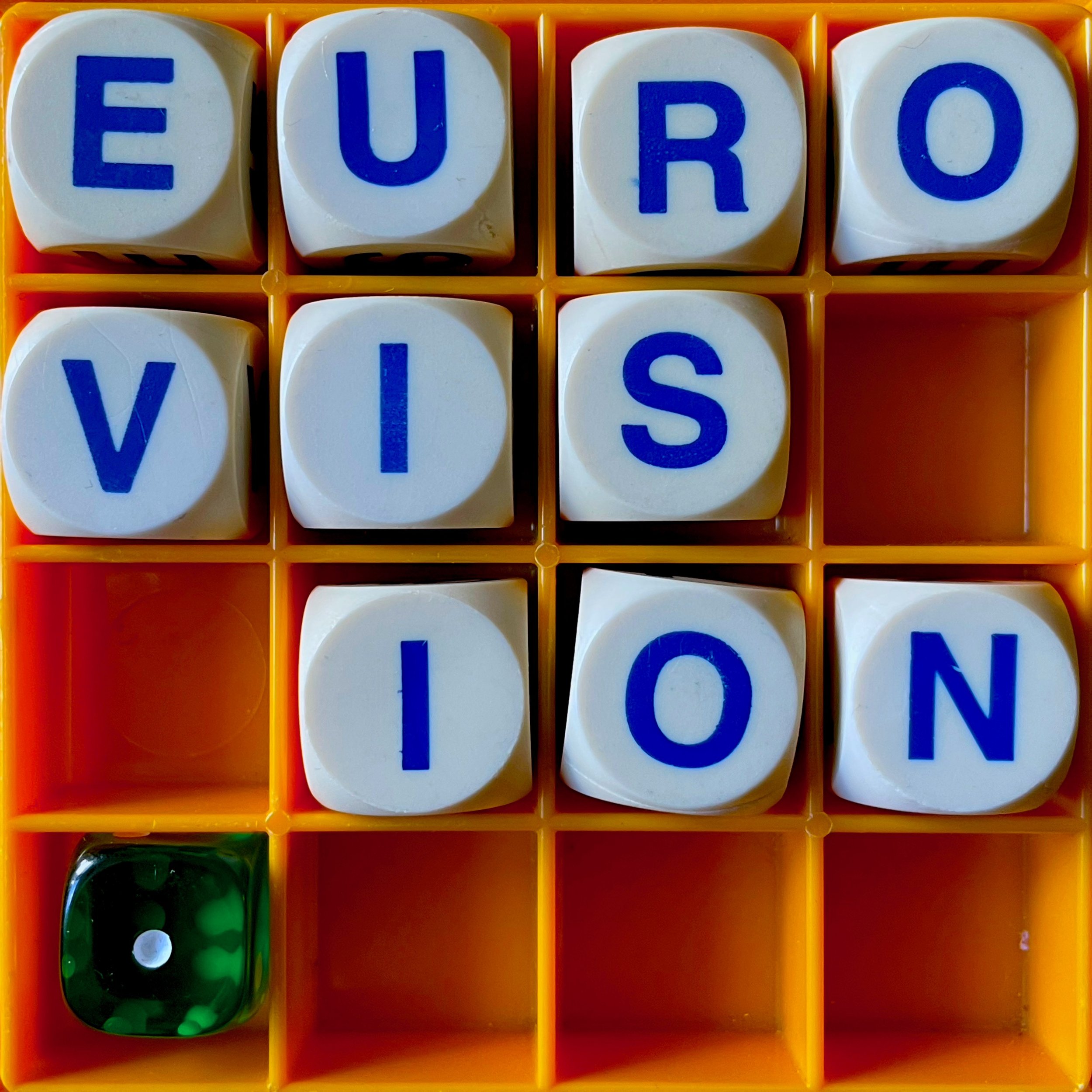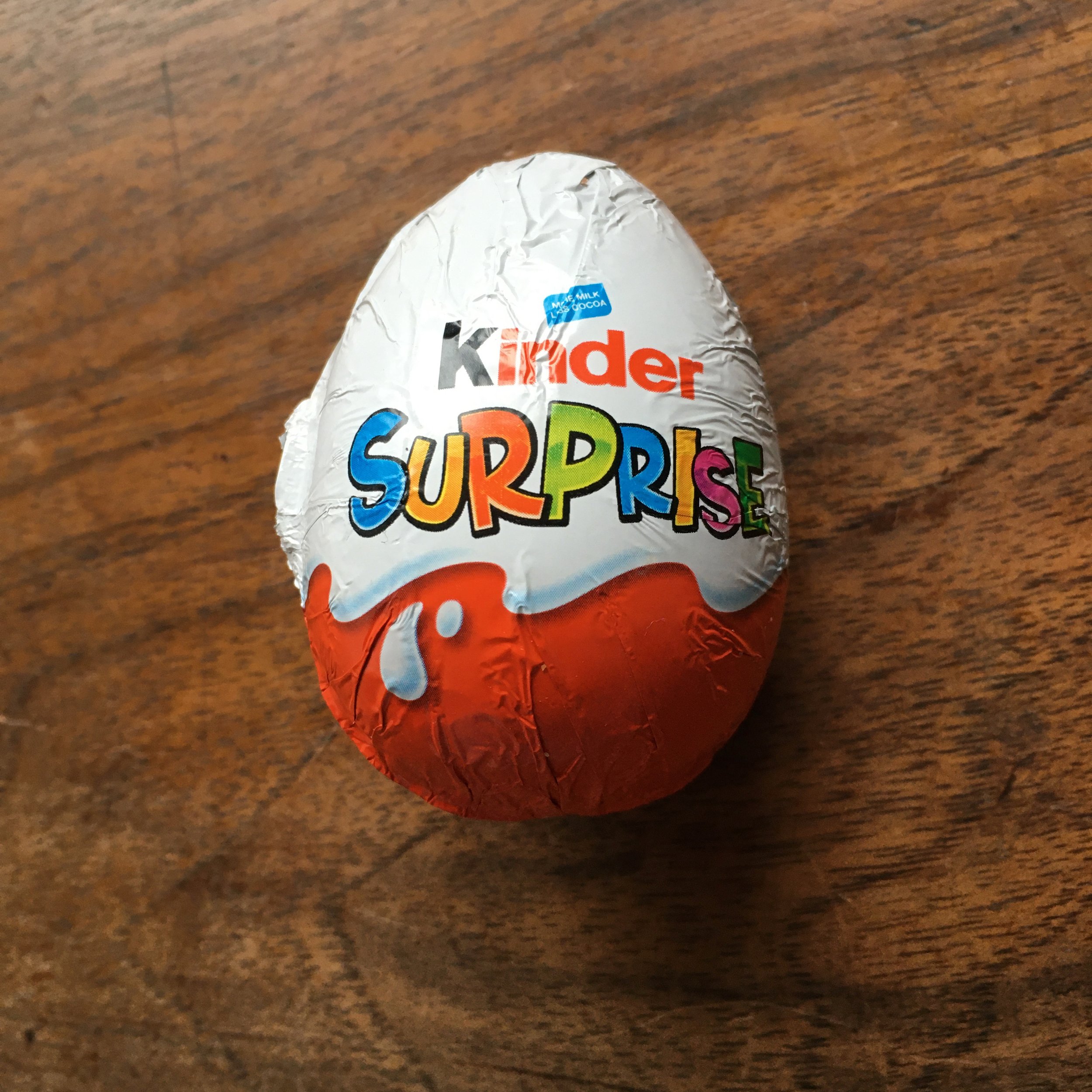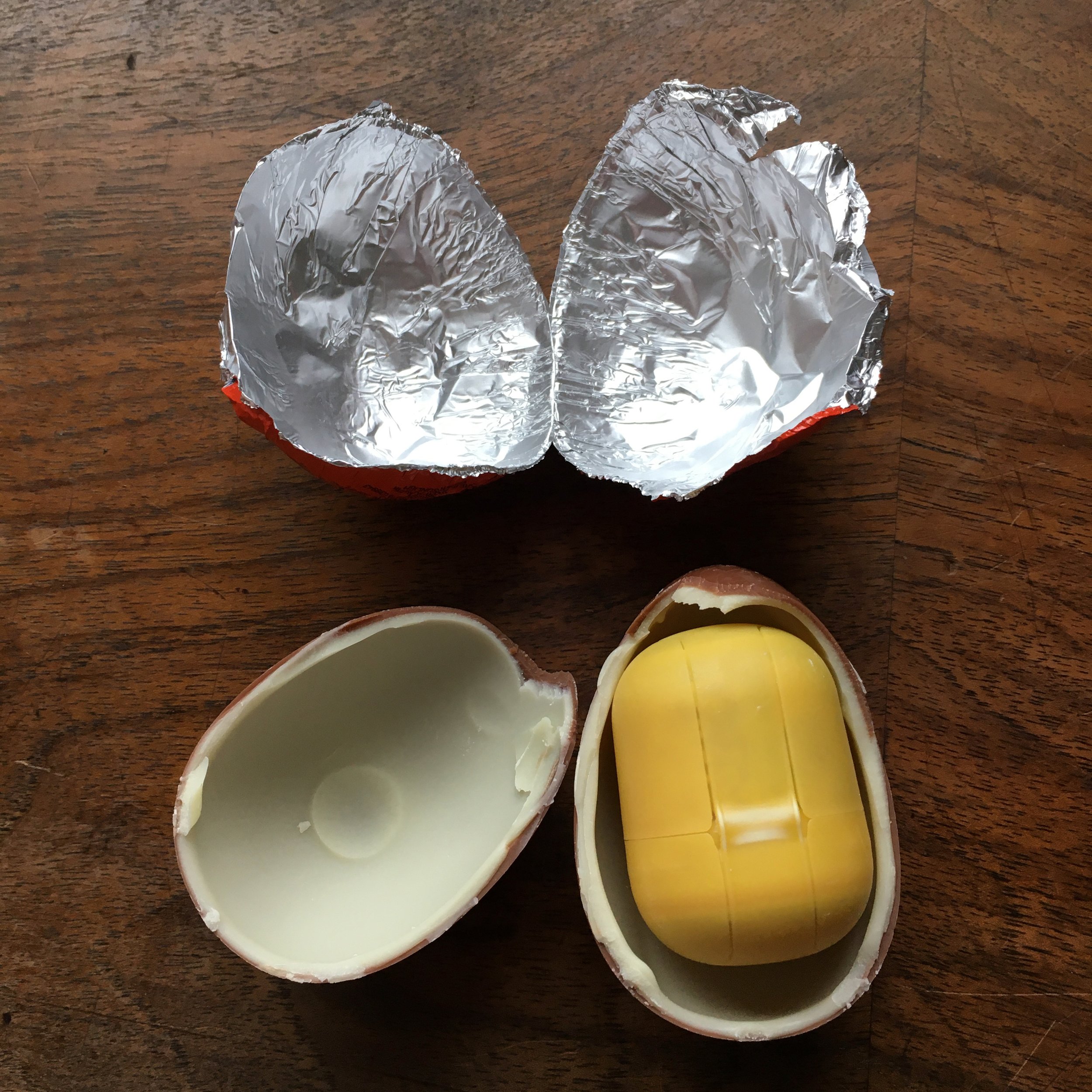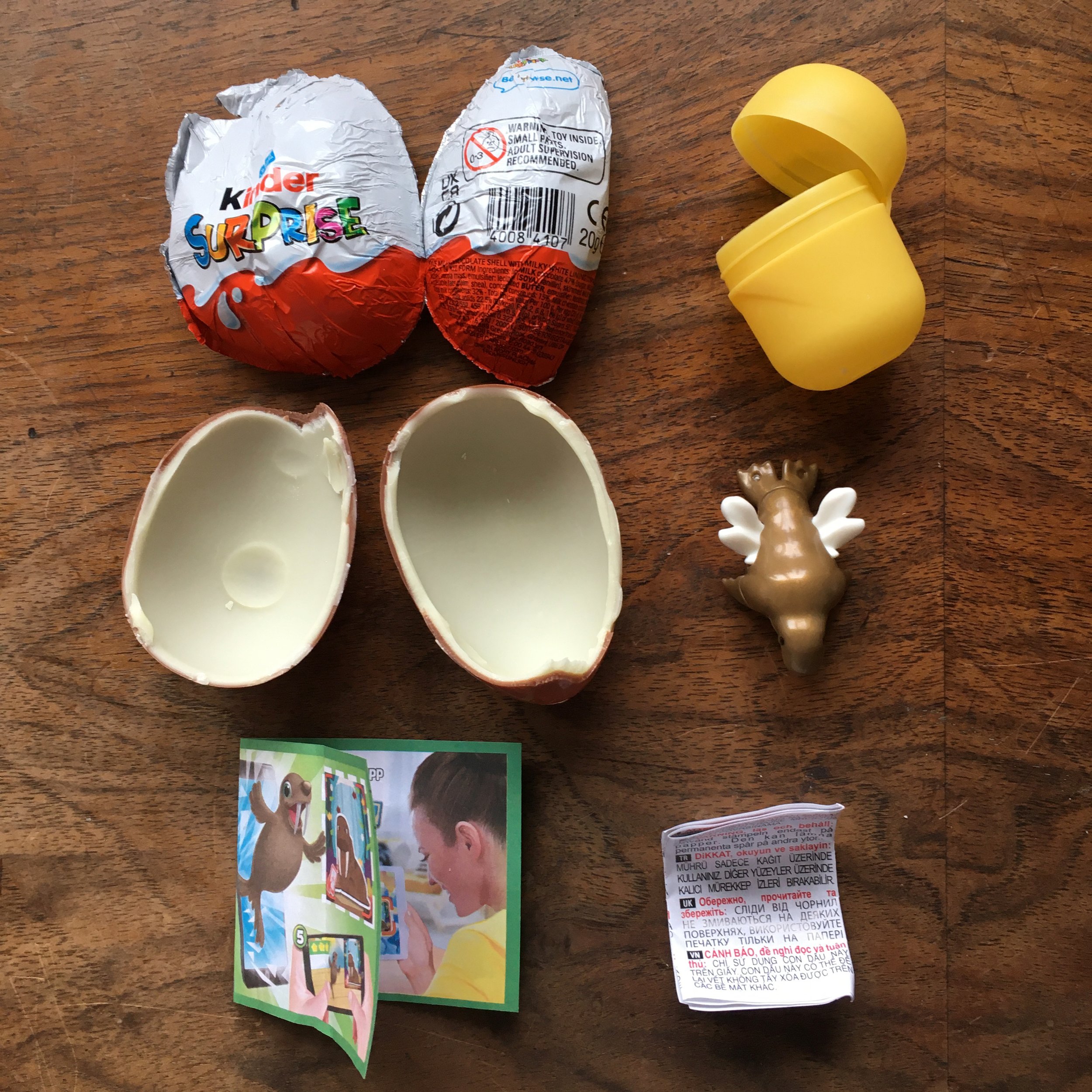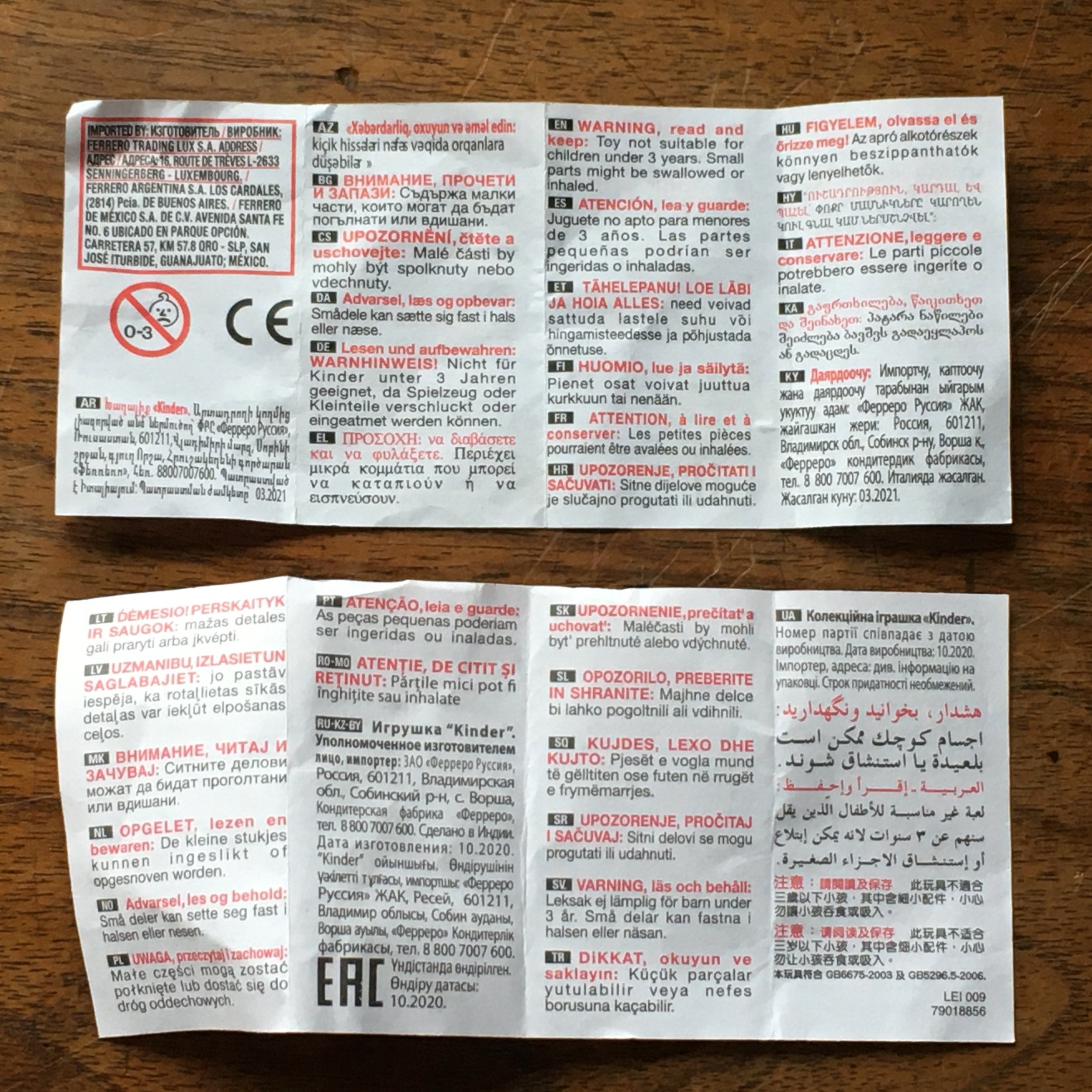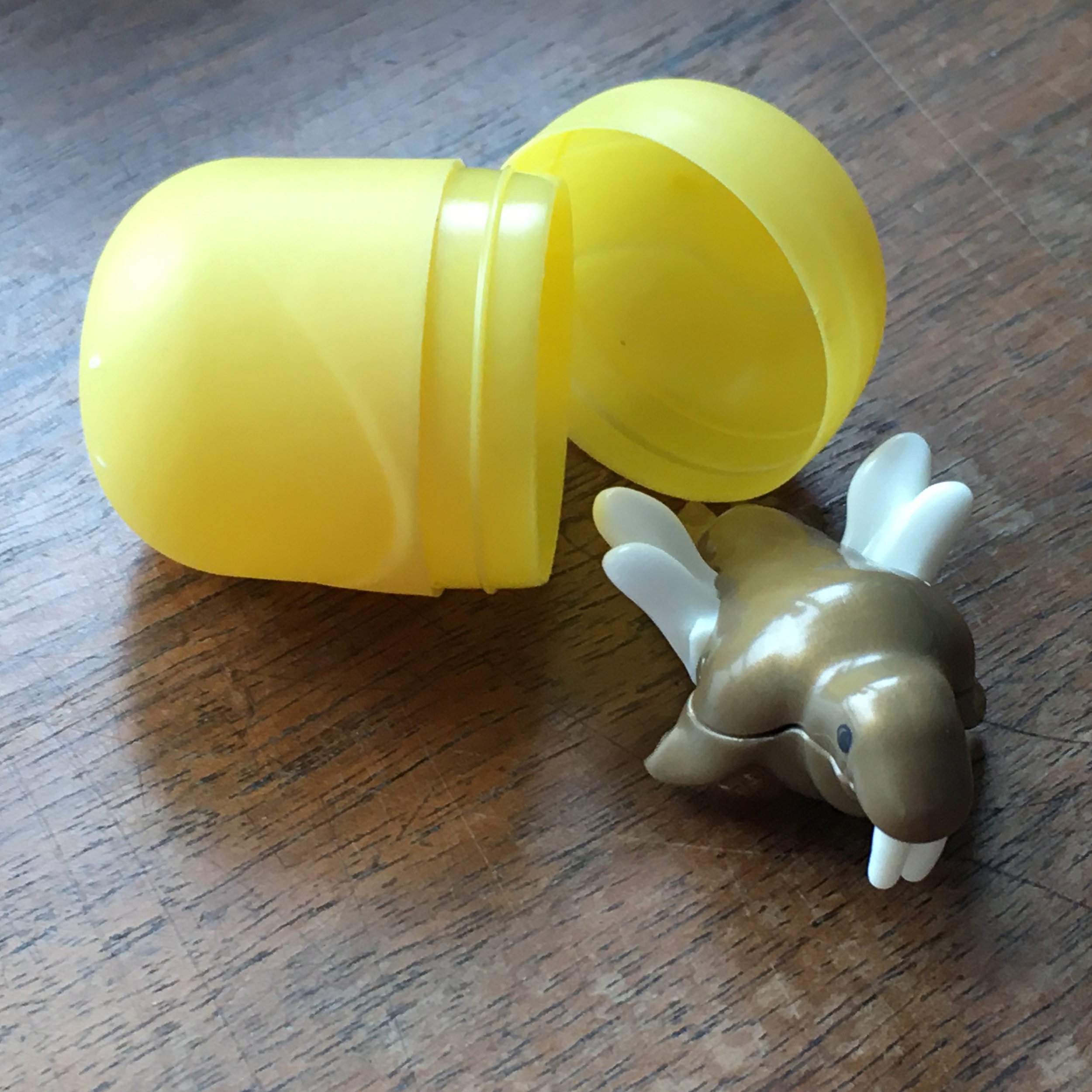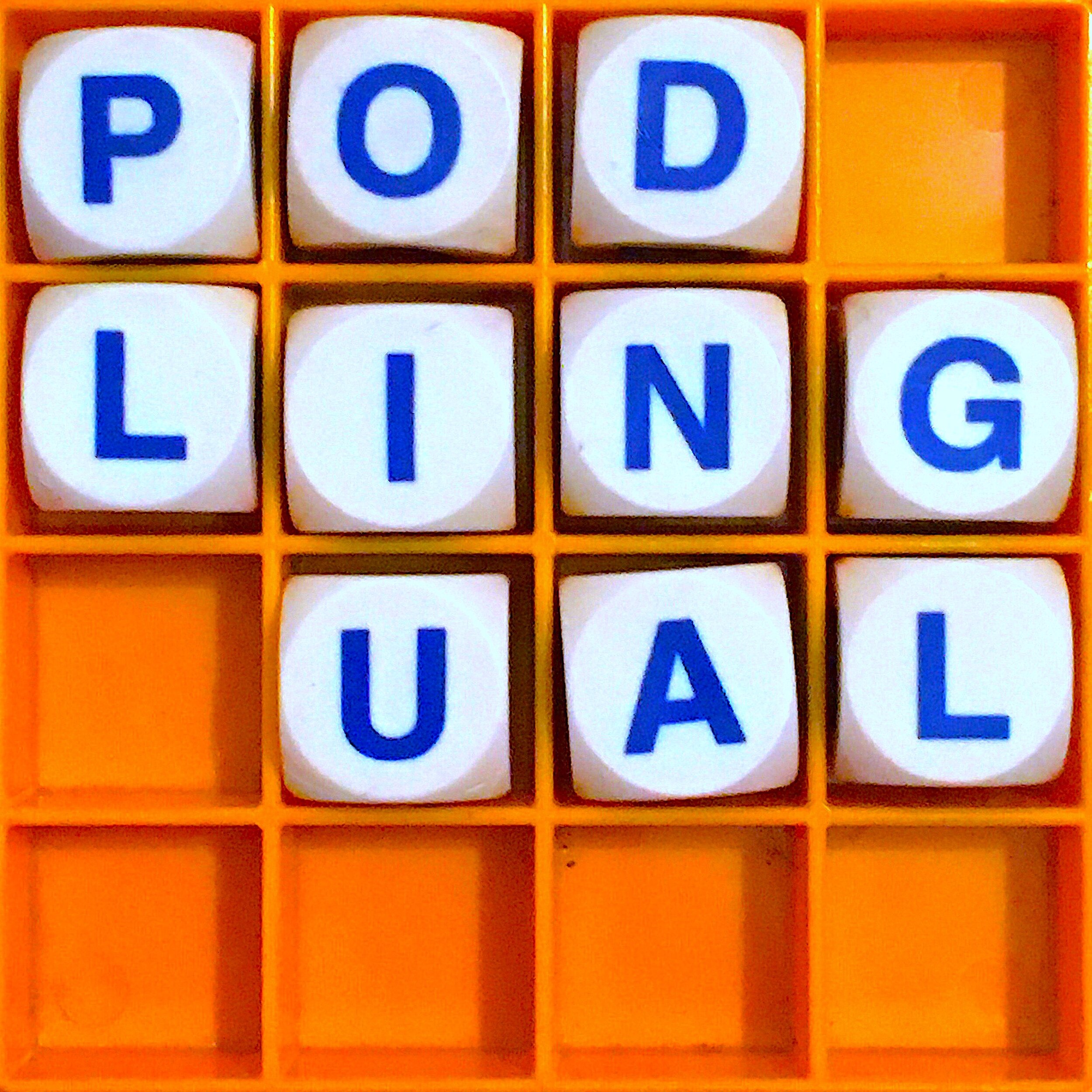GWEE LI SUI: We have not yet known what it's capable of. Singlish is one of those things the potential of which we're yet to tap in properly. There can be so many things you can do with it.
Read moreAllusionist 201. Singlish transcript
BIBEK GURUNG: You grow up with the sense that if your first language, or one of your first languages, Singlish, actually a bad version of an already existing language, you kind of get this sense that “I'm just bad at language,” which is… language is a fundamental human skill. It's what separates us from the lemurs or whatever. And to just have this sense that you're bad at this very fundamental skill, I think, really does a number to your self esteem and your abilities to communicate in general. I still have a lot of - I don't know how to phrase it, maybe like cultural cringe - around Singlish. And when I meet someone from Singapore, we do sort of lapse into Singlish and communicate in that way, except if I'm with American friends and then I just feel so self conscious and I'm not able to do it. As a student of linguistics and someone who just knows about the sociolinguistic dynamics, I still find it really hard to shake.
Read moreAllusionist 174 Eurovision part 1 transcript
The Eurovision Song Contest has given us the international renown of Celine Dion, Måneskin, Dana International, Conchita Wurst and Riverdance; tear-off skirts, nul points, shiny shiny costumes, a band of babushke dancing around an onstage bread oven; not to mention fraught politics, within and between nations. And most importantly for our purposes: linguistic intrigue! So much linguistic intrigue.
Read moreAllusionist 131 Podlingual transcript
JAMES KIM: I wanted that experience for everybody to be in the character's shoes, and understand how it's like for somebody that you love to talk to you, but you can't understand a word that they're saying.
Read moreAllusionist 118 Survival: Bequest transcript
ELIZABETH KEREKERE: I'm so convinced that transphobia, biphobia, homophobia are such an integral part of colonisation, I reject that as a colonial construct, I reject it as racist.
As they took our land - tried to take all of our land, tried to take all of our language and suppress our culture, they also took our expressions of sexuality and gender. And that is important to us in a core part of our culture, especially because the way that the institutional racism, the intergenerational trauma that is the legacy of colonisation has impacted on us and the levels of discrimination against people with diverse genders, sexualities and sex characteristics, that we see that all of this, all of this was a massive attempt to cover up what was already there and pretend it never happened.
Allusionist 117 Many Ways At Once transcript
HARRY JOSEPHINE GILES: Our behaviour and our desires will always exceed any terminology that anyone can come up with. And so rather than trying to find the right terms - and this for me is like what working in, what trying to come up with an LGBT Scots glossary does: it's a chance to imagine. It's a chance not to come up with the right way of saying things, but to say: what if we thought about it this way? What if we thought about it that way? What assumptions are built into the languages that we use?
Read moreAllusionist 42+43. Survival: The Key rerun - transcript
I’ve been working on this mini series of episodes about minority languages and the threats they face and how they survive. Last episode, Welsh speakers took the drastic step of migrating to Argentina. But in researching it all, I keep referring back to a pair of Allusionists from a while ago: The Key. Part one, Rosetta, was about how a language survives in a physical form when its humans die, featuring the smash hit archaeological object the Rosetta Stone, and its namesake the Rosetta Disk, the linguistic key to the future. Part two is about how to decipher a dead language and why it might have died.
Read more

